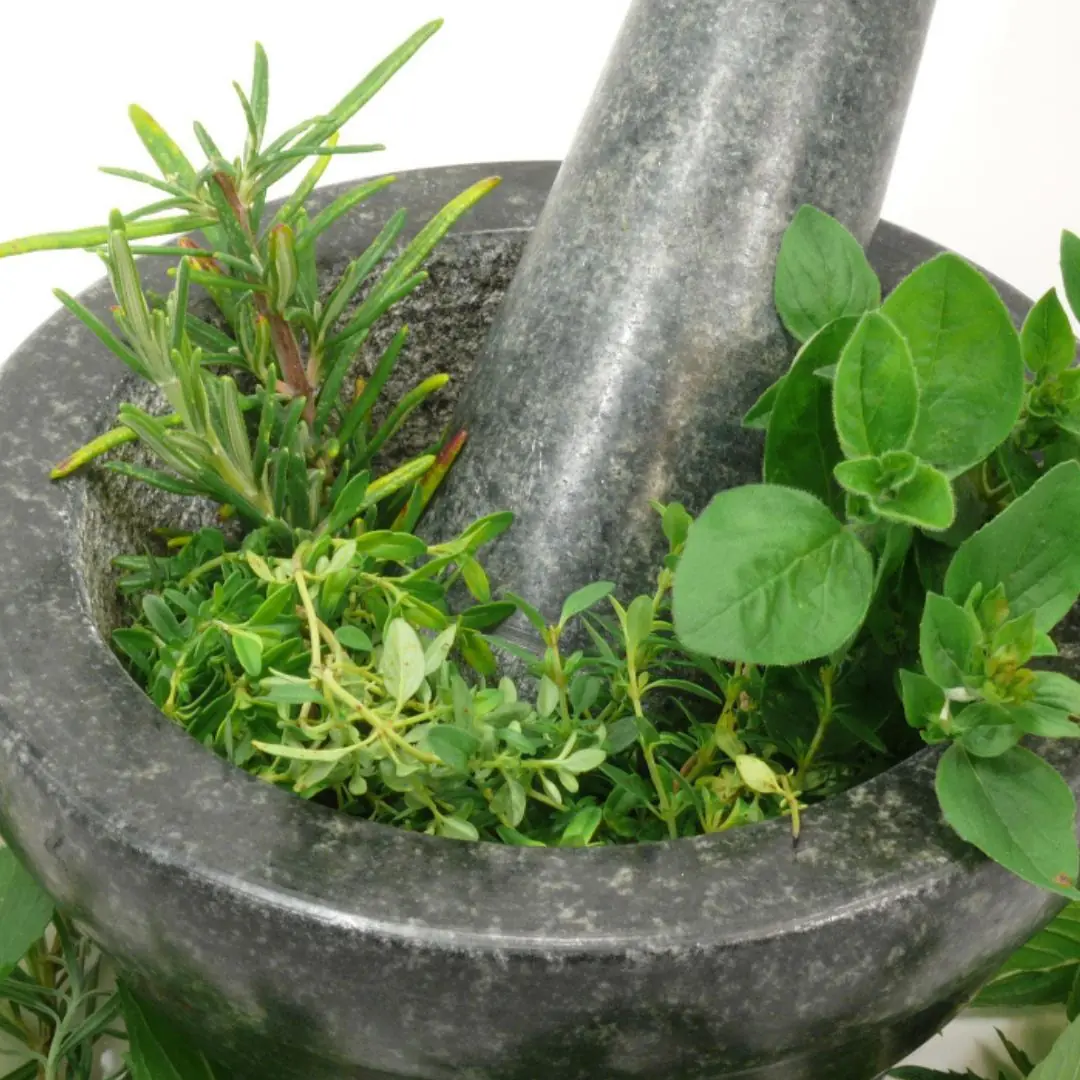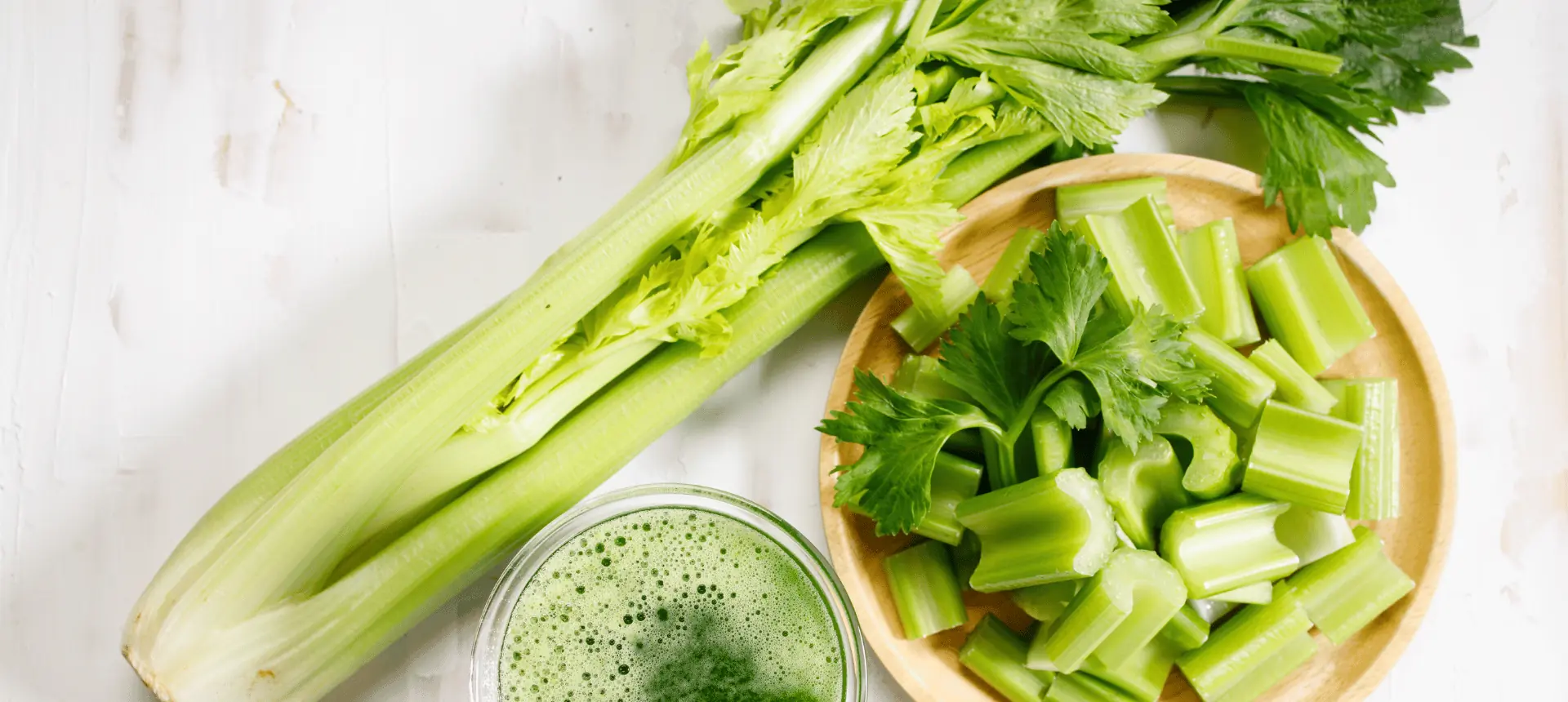
Honey and Ginger: Nature’s Golden Duo — Benefits, Uses, and Hidden Risks You Should Know
Honey and Ginger: Nature’s Golden Duo — Benefits, Uses, and Hidden Risks You Should Know
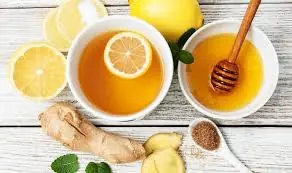
It’s no secret that ancient civilizations didn’t have modern medicine — but they had something even more powerful: nature’s pharmacy.
Among the most trusted remedies passed down through generations are two simple ingredients that almost every household has — honey and ginger.
From soothing sore throats to boosting immunity, this golden duo has earned its legendary reputation. But, like all natural remedies, balance is key — and understanding their benefits, effects, and potential side effects is the real secret to using them safely and effectively.
Let’s dive deep into why honey and ginger have been treasured for centuries — and what happens when you use them the right (or wrong) way.
1. The Ancient Origins of a Healing Pair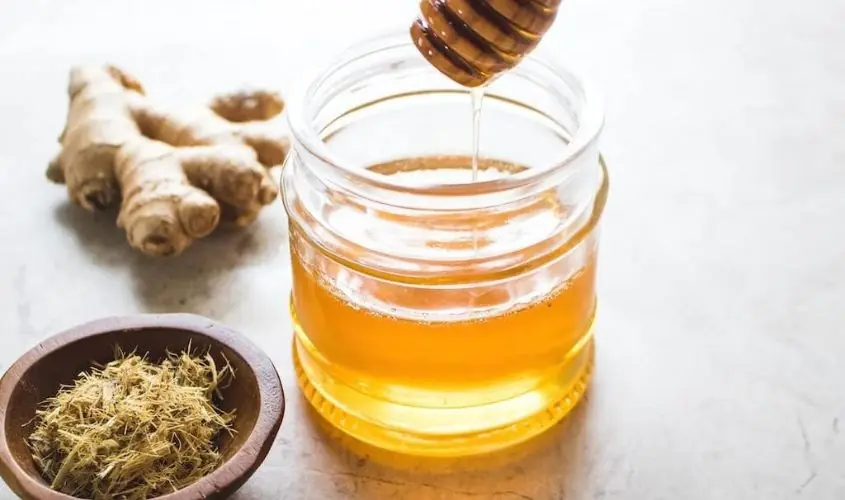
Honey and ginger are not new discoveries.
Over 5,000 years ago, both were widely used in traditional medicine systems — from Ayurveda in India to Traditional Chinese Medicine.
- Honey, known as “liquid gold,” was used as both a food and a healing agent. Egyptians even used it to treat wounds and preserve bodies due to its natural antibacterial properties.
- Ginger, often called the “universal medicine,” was used to treat everything from nausea and colds to digestive disorders and joint pain.
When combined, the result is a powerful, synergistic blend that offers countless benefits — both internally and externally.
2. The Incredible Health Benefits of Honey and Ginger
a. Immune System Booster
Both honey and ginger are packed with antioxidants and antibacterial compounds.
Honey contains enzymes that produce hydrogen peroxide — a natural disinfectant.
Ginger has gingerol, a bioactive compound that fights inflammation and infections.
When combined, they act as a natural shield, helping your body ward off colds, flu, and seasonal allergies.
Tip: Mix one teaspoon of honey and one teaspoon of grated ginger in warm water every morning.
It’s like a gentle immunity shot that kickstarts your day.
b. Soothes Sore Throat and Cough
This is probably the most famous use.
Honey coats the throat, easing irritation and reducing coughing fits. Ginger, on the other hand, acts as a natural expectorant, clearing mucus and reducing inflammation.
A spoonful of honey and ginger syrup can relieve even the toughest dry cough — without synthetic chemicals.
DIY Cough Syrup: Mix 1 tablespoon of honey with 1 teaspoon of ginger juice and a few drops of lemon.
Take it twice a day for quick relief.
c. A Natural Energy Source
Feeling tired?
Skip the coffee — a glass of warm water with honey and ginger can give you a natural energy boost.
Honey’s natural sugars provide instant energy, while ginger improves blood circulation and oxygen delivery throughout the body.
The result? A calm, steady form of energy — no caffeine crash included.
d. Improves Digestion and Reduces Bloating
Ginger is famous for its role in aiding digestion. It stimulates digestive enzymes, helps food move smoothly through the gut, and reduces nausea.
Honey complements this by balancing the gut microbiome — feeding the good bacteria that keep your stomach healthy.
This combo can ease:
- Indigestion
- Stomach cramps
- Gas and bloating
Try drinking honey–ginger tea after a heavy meal to help your stomach settle naturally.
e. Promotes Healthy Skin
Honey’s antibacterial and moisturizing properties make it a favorite in skincare routines. Ginger adds an antioxidant punch, helping combat acne, scars, and dullness.
You can create a DIY face mask by mixing:
- 1 teaspoon honey
- ½ teaspoon ginger juice
Apply it for 10 minutes and rinse with warm water — the glow is instant.
f. Supports Weight Management
Surprisingly, this sweet–spicy blend can help you manage your weight when used correctly.
Ginger speeds up metabolism, while honey provides a mild sweetness that helps reduce sugar cravings.
Drinking warm lemon water with honey and ginger on an empty stomach each morning can help detoxify the system and promote fat metabolism.
g. Eases Menstrual Pain and Muscle Cramps
Ginger is a natural anti-inflammatory and muscle relaxant.
Combined with honey, it can soothe cramps and discomfort during menstruation or muscle fatigue after exercise.
A cup of ginger tea with honey can calm both the body and the mind.
3. How to Use Honey and Ginger the Right Way
There are many ways to enjoy this natural combo — but the key is to keep it simple and consistent.
Morning Detox Drink
- 1 cup warm water
- 1 teaspoon honey
- ½ teaspoon grated ginger
Drink on an empty stomach.
Honey-Ginger Tea
- Boil a few slices of fresh ginger in water for 5–10 minutes.
- Add honey after it cools slightly.
- Sip slowly.
Honey-Ginger Paste
- Mix equal parts honey and ginger juice.
- Store in a jar.
- Take 1 teaspoon daily to strengthen immunity and relieve throat irritation.
4. The Healing Chemistry — Why They Work
This duo works because it targets inflammation, bacteria, and free radicals simultaneously.
- Gingerol in ginger reduces pain, inflammation, and nausea.
- Flavonoids and phenolic acids in honey neutralize harmful oxidative molecules.
- Together, they balance the immune system, soothe the digestive tract, and protect cells from premature aging.
That’s why even modern science supports what ancient wisdom already knew.
5. But Wait — There Are Side Effects Too
Yes, even natural ingredients can have downsides if you overuse them.
a. Overconsumption of Honey
Honey is natural, but it’s still sugar. Too much can:
- Spike blood sugar levels,
- Lead to weight gain,
- Cause insulin resistance over time.
Tip: Keep honey intake under 2 tablespoons per day.
b. Too Much Ginger
While small amounts soothe the stomach, excessive ginger can cause:
- Heartburn
- Diarrhea
- Upset stomach
- Increased bleeding tendency (especially if taken with blood-thinning medication)
Tip: Limit to about 4 grams of fresh ginger (or 1 teaspoon powdered) per day.
c. Allergies or Sensitivity
Some people may be allergic to honey or pollen in raw honey — leading to itching, rashes, or throat irritation. Always test in small amounts first.
6. Who Should Avoid the Combo
While safe for most, honey and ginger should be used cautiously by:
- Diabetics (due to honey’s sugar content)
- Pregnant women (if prone to heartburn or sensitive to ginger)
- People on blood thinners or heart medications
Always consult a doctor if you’re unsure, especially if you’re using it medicinally.
7. Modern Research Confirms Ancient Wisdom
Recent studies have backed what healers knew centuries ago:
- A 2013 study in Food Chemistry confirmed honey’s antimicrobial properties against multiple bacteria.
- Research from Phytotherapy Research (2018) found that ginger significantly reduces inflammation and nausea.
- Combined, they show enhanced antioxidant effects — meaning stronger protection against aging, infections, and chronic disease.
Science is simply catching up to nature’s genius.
8. A Natural Balance for Modern Life
In today’s world of processed foods, stress, and pollution, returning to simple, natural remedies is more than nostalgia — it’s self-care.
A daily cup of warm honey-ginger tea won’t solve all your problems, but it can:
- Strengthen your immunity,
- Calm your mind,
- And remind you to slow down and care for your body naturally.
9. The Bottom Line
Honey and ginger are two of nature’s most powerful gifts — ancient, simple, and effective.
They can heal, energize, and protect — but only when used wisely.
Think of them not as medicine, but as daily nourishment for your body and soul.
A teaspoon of honey and a slice of ginger may seem small, but together, they carry thousands of years of healing tradition in every drop.
So tomorrow morning, before the chaos begins — boil that water, slice that ginger, stir in that honey…and let nature remind you what balance truly feels like.
News in the same category


Doctors Reveal 5 Types of Foods Parents Should Never Give Their Children

A Hotel Bed for Two but Four Pillows? The Unexpected Reason Few People Know — Try It Yourself!
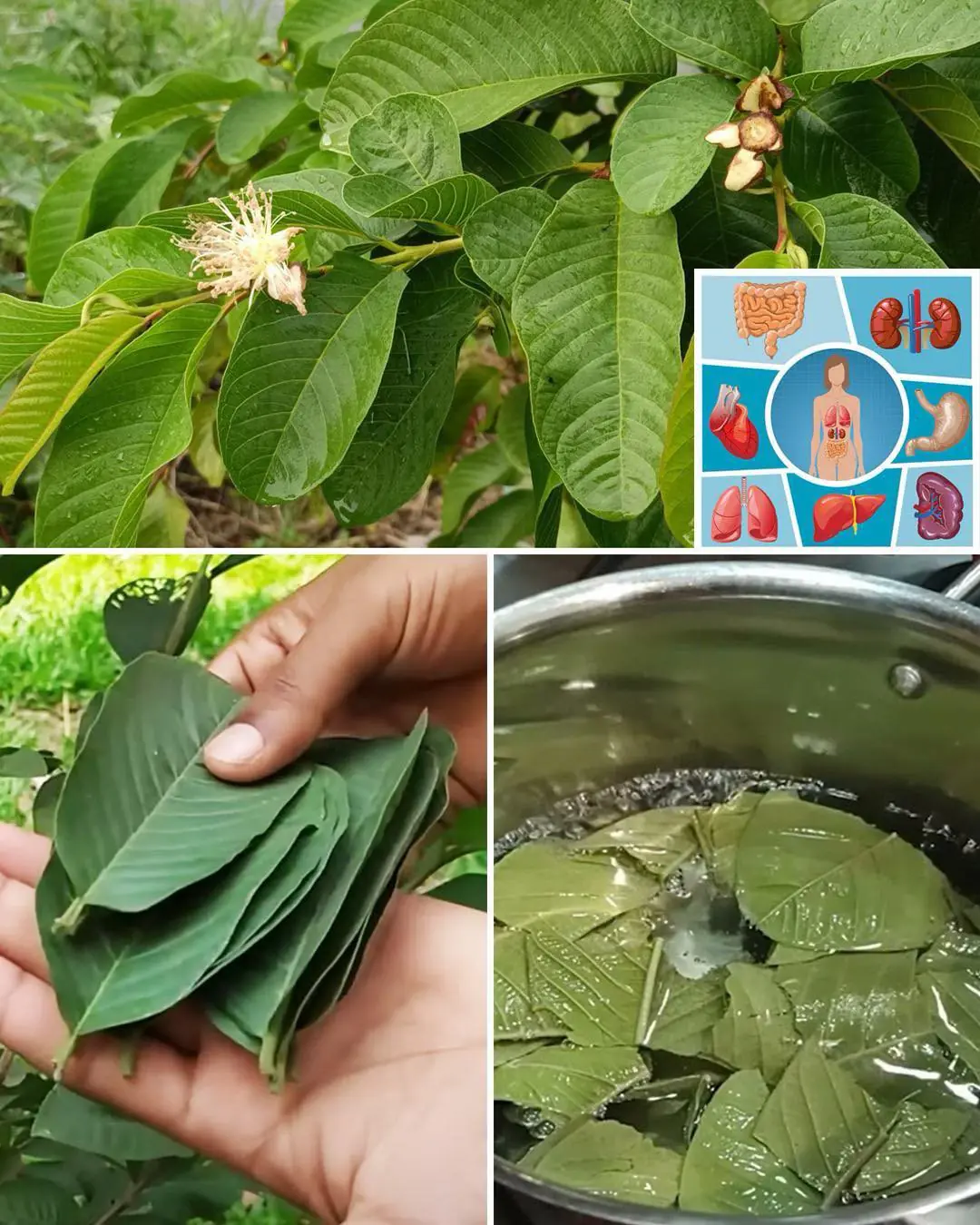
25 Incredible Benefits of Guava Leaves

Banana Blossom: Health Benefits, Recipes, and Traditional Uses

This plant grows everywhere. We see it, but miss its secrets

Why does the refrigerator compartment have a light but the freezer compartment doesn't?

After Sneezing Several Times, I Noticed Something Strange in My Throat
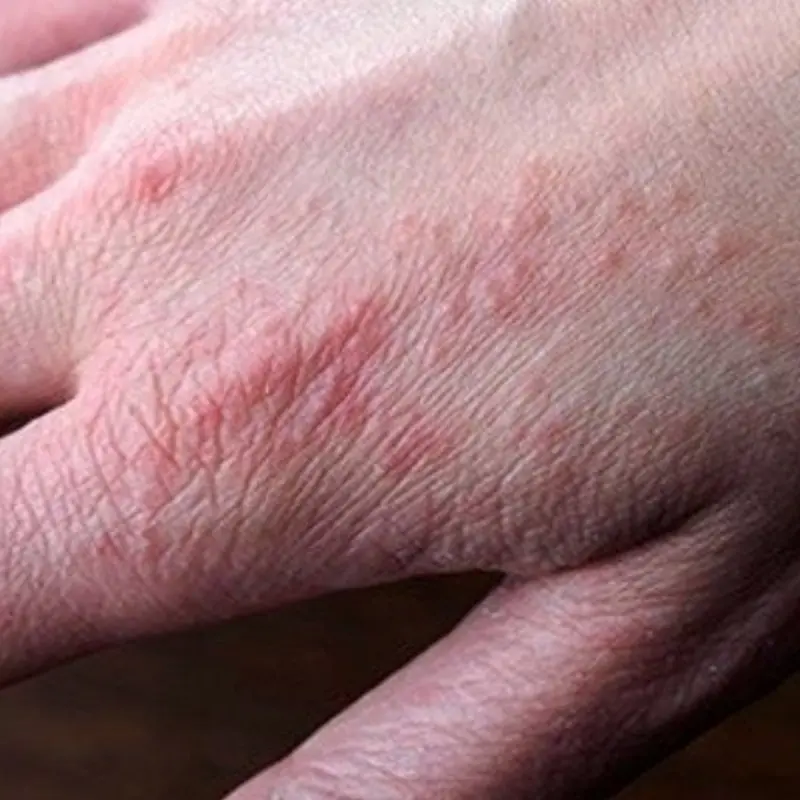
Doctors warn: if you have these tiny red dots on your arm or hand, do not ignore the warning signs

What Really Happens to Your Body If You Eat Sweet Potatoes for Breakfast Every Day

Over 200 People Are Ki.lled By The “World’s Deadliest Food” Every Year, But Almost 500 Million People Still Eat It

People Pour Buckets of Ice into the Toilet — The Result Leaves Everyone Stunned

20 years later, the surprising ending came back
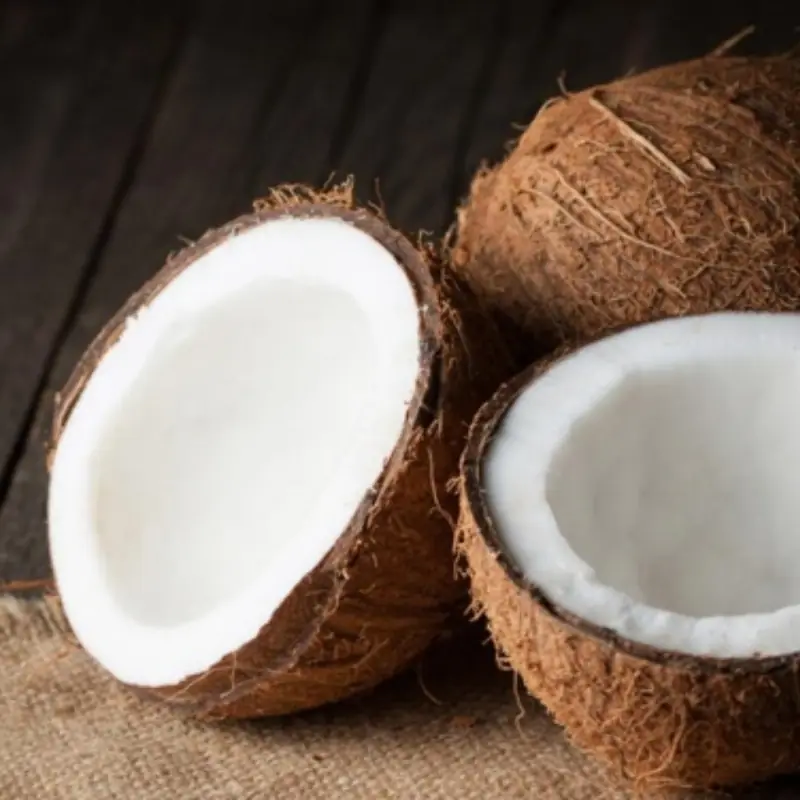
Beware of 5 types of fruit that make you gain more weight than fatty meat

Optical illusion: What you see first reveals something important about your personality
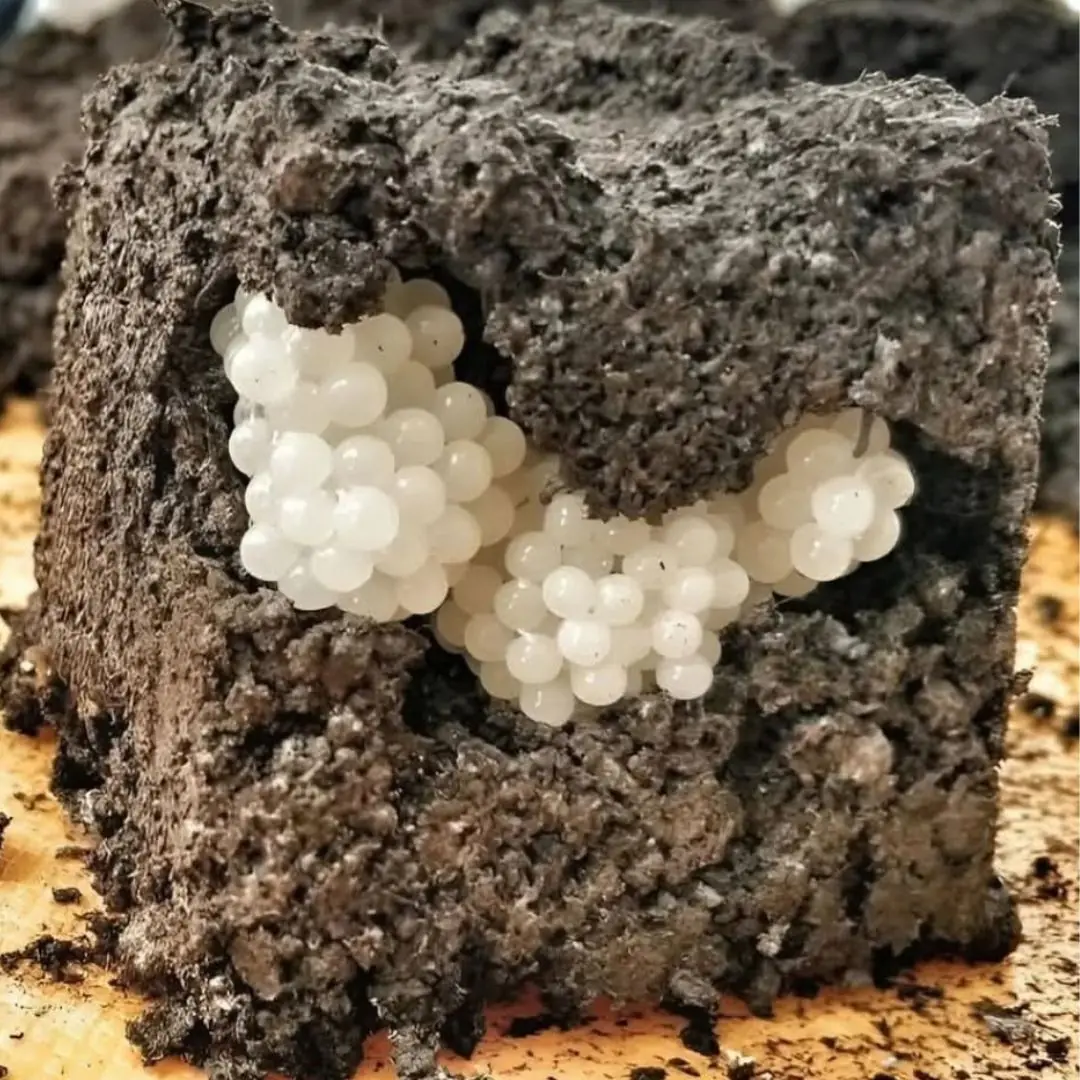
I found something strange in the yard – white, round balls: I was horrified when I realized what it was
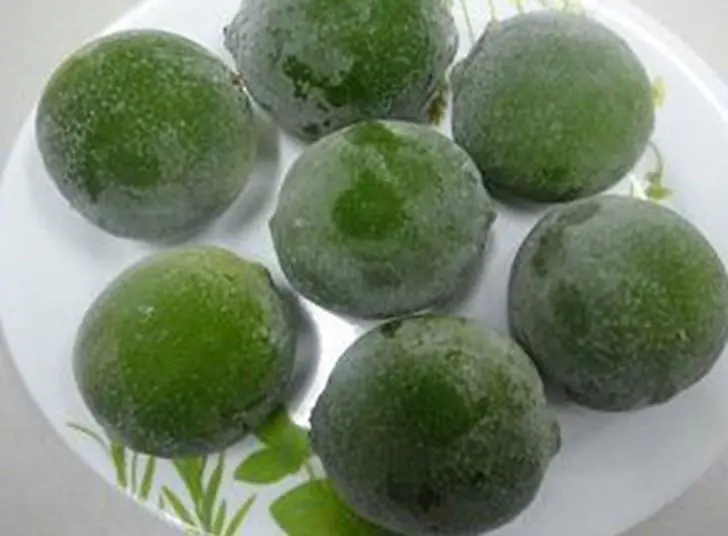
How to Freeze Lemons for Maximum Health Benefits
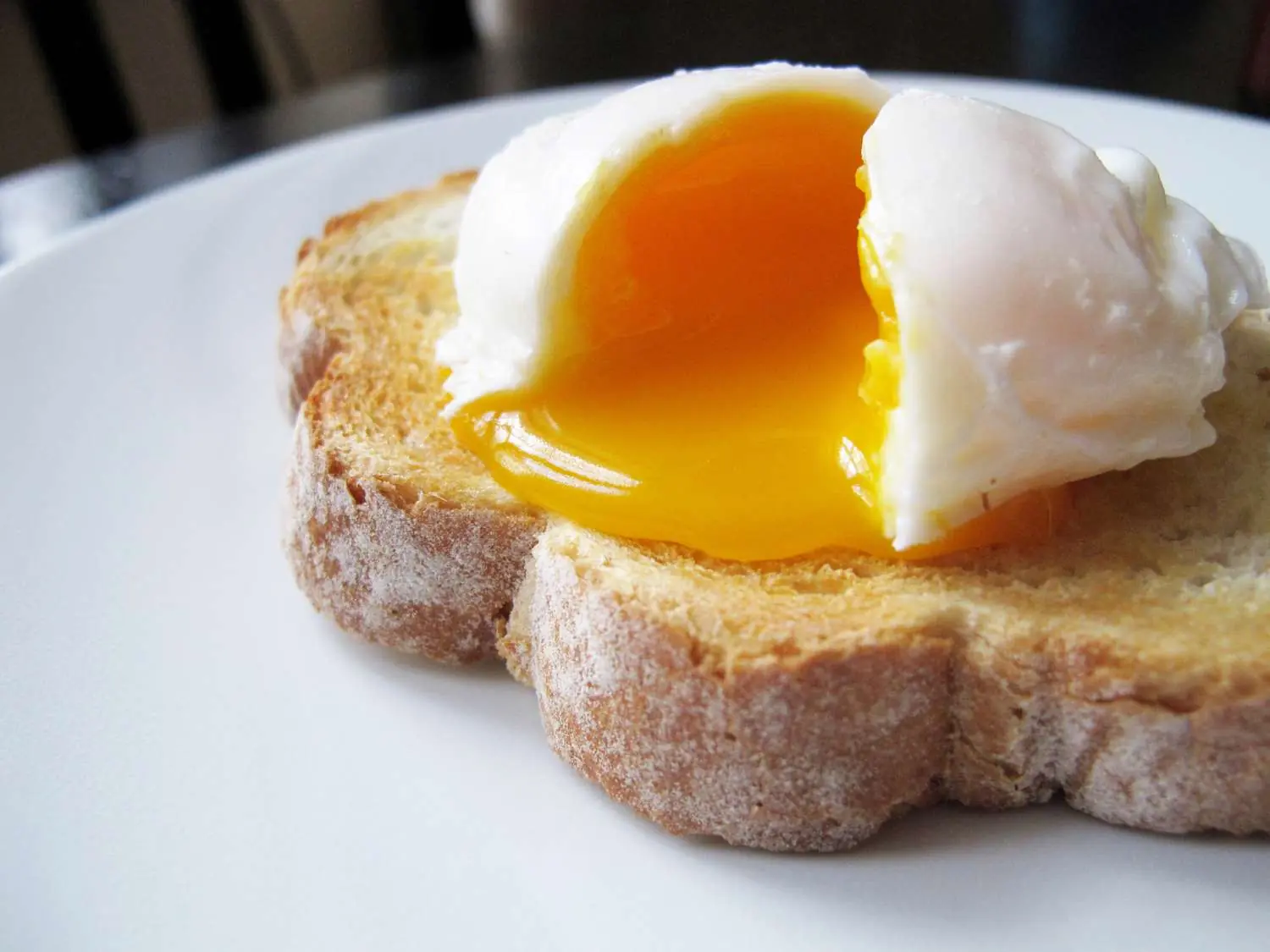
5 Common Mistakes People Make When Eating Eggs for Breakfast

3 Types of Fish Considered the “Best in the World”
News Post
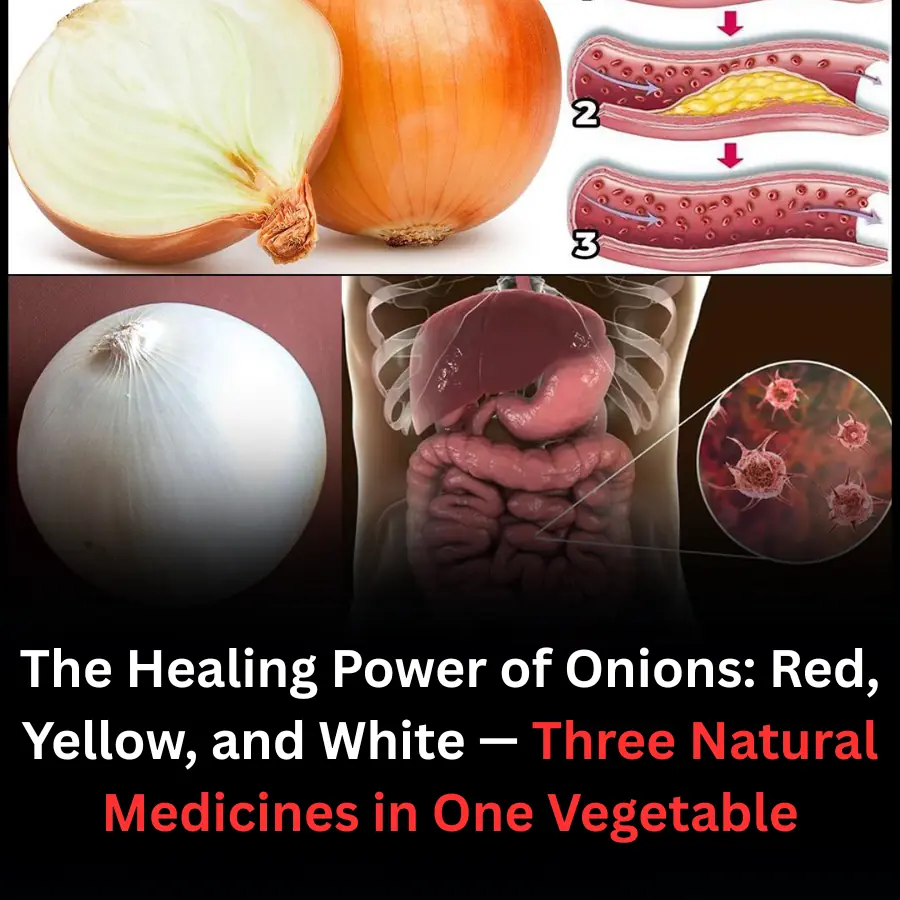
The Healing Power of Onions: Red, Yellow & White — Three Natural Medicines in One Vegetable

The Power of Castor Leaves: Nature’s Hidden Gift

7 Easy Tips to Start a Healthy Lifestyle Today

Celery Juice: Trendy Detox Drink or Just Overhyped Hype?

Sleepy Girl Mocktail: What’s in It — and Does It Really Help You Sleep?

Breathing Problems at Night? Try These Sleep Positions to Breathe Easier 😴🌿

Is Sugar Secretly Hurting Your Heart? Here’s What You Need to Know

Older Adults, Your Muscles Are Disappearing Without This Food in Your Diet

Unlock the Ancient Hair-Growth Secret That Boosts Length Naturally — No Chemicals, Just Pure Power

7 Subtle Signs Can.cer Might Be Growing Inside Your Body — Listen Before It’s Too Late
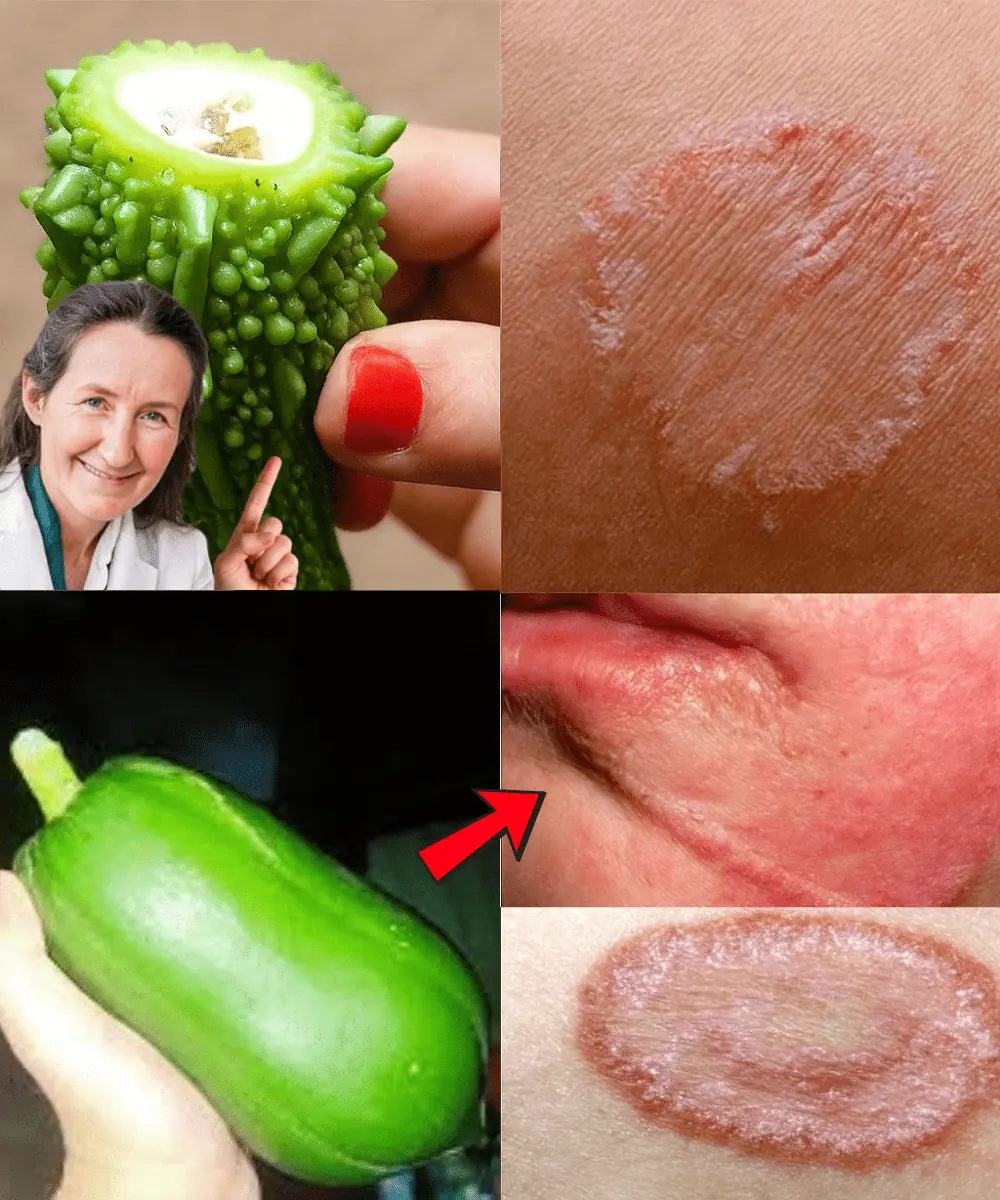
9 Natural Remedies That Wipe Out Fungal Infections Fast — No Chemicals, Just Results

Prevent refrigerator odor with kitchen waste, no cost, fresh and fragrant refrigerator, fresh food
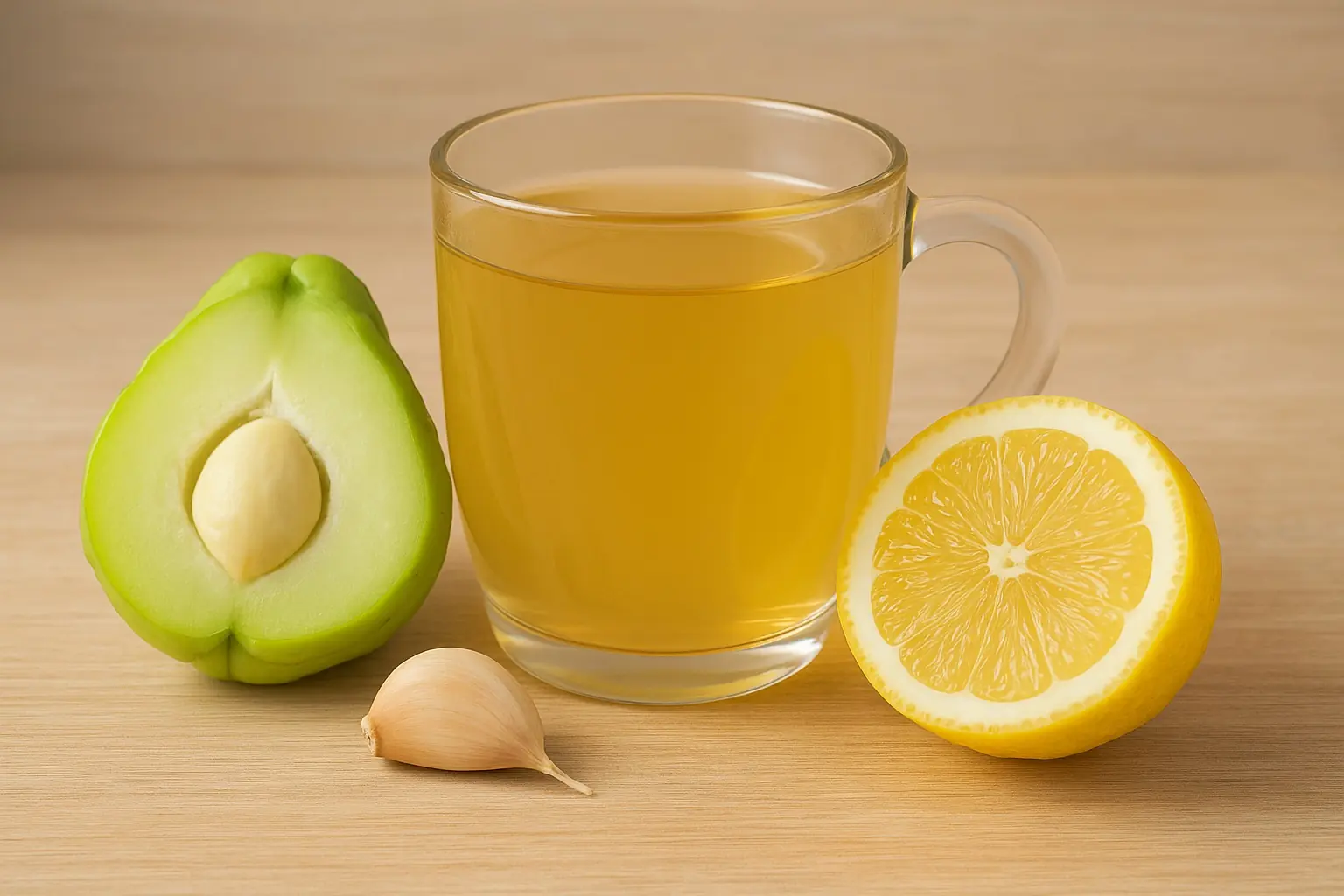
The 10-Minute Morning Tonic That Melts Away Swelling, Stiff Joints, and Circulation Fatigue
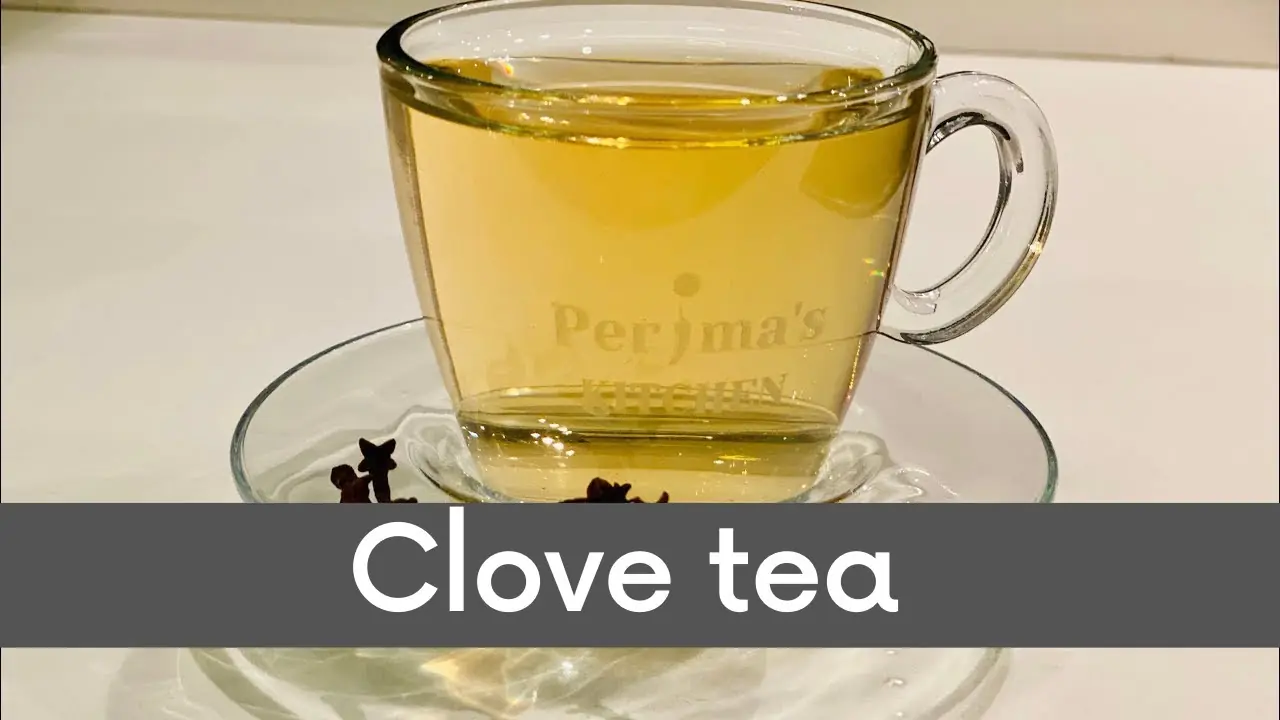
Clove Tea: The Ancient Elixir That Heals, Energizes, and Transforms from Within
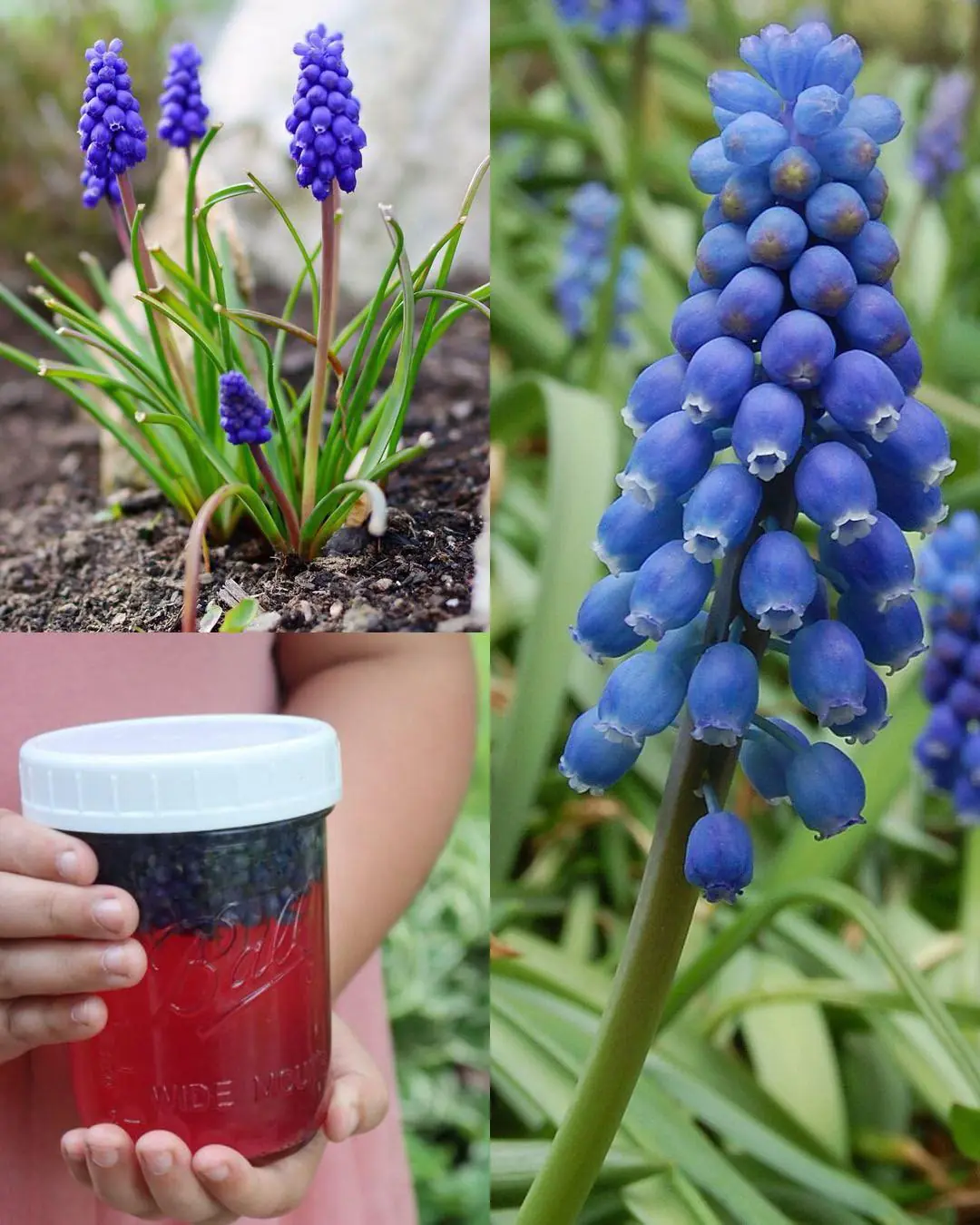
Grape Hyacinth (Muscari): The Stunning Spring Flower That’s Edible - If You Know the Right Kind
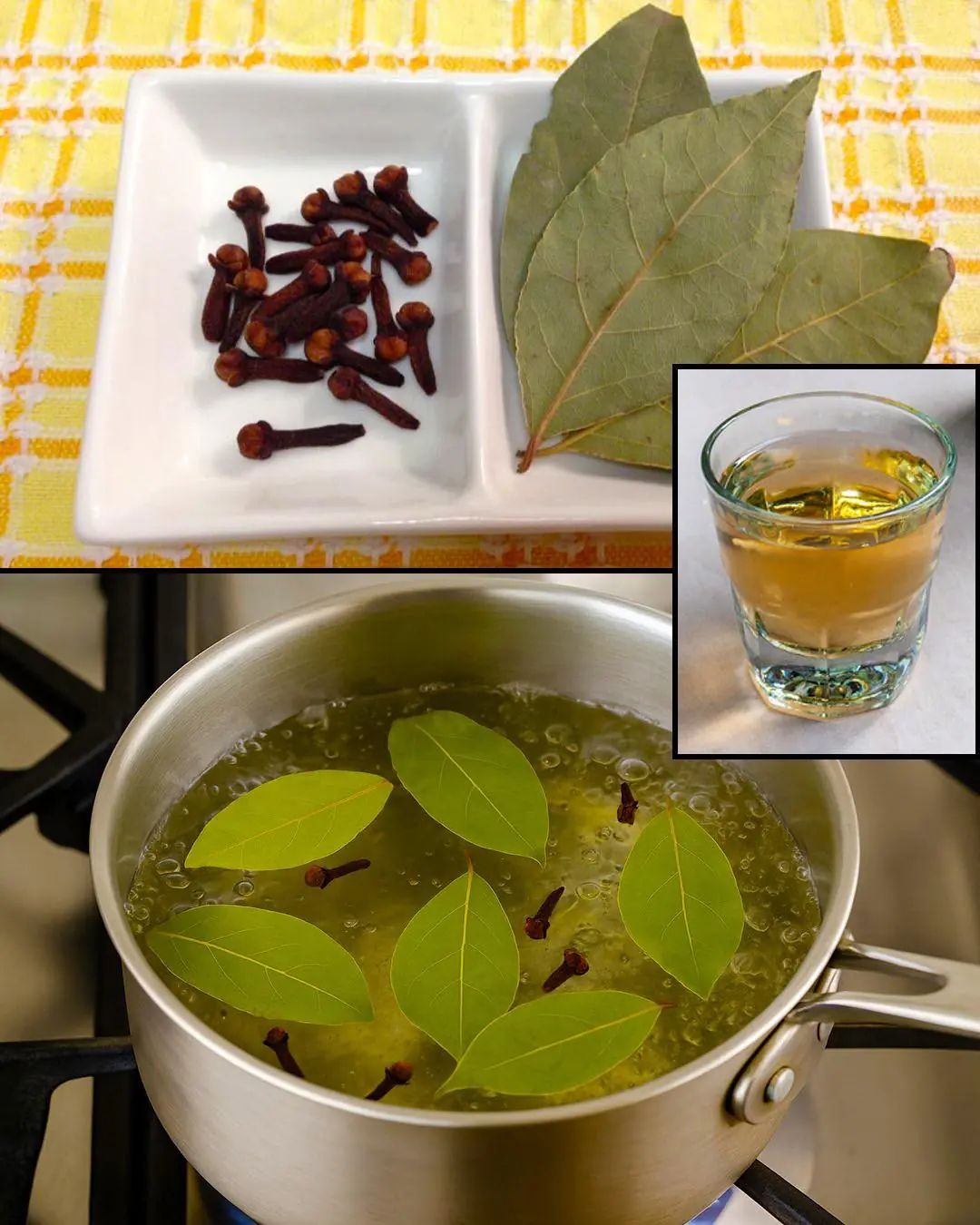
The Surprising Benefits of Boiled Bay Leaves and Cloves: A Natural Elixir for Wellness

The habit of drinking hot water mixed with cold water will be harmful if you do not understand these 3 important things: Bacteria will grow, the body will get sick
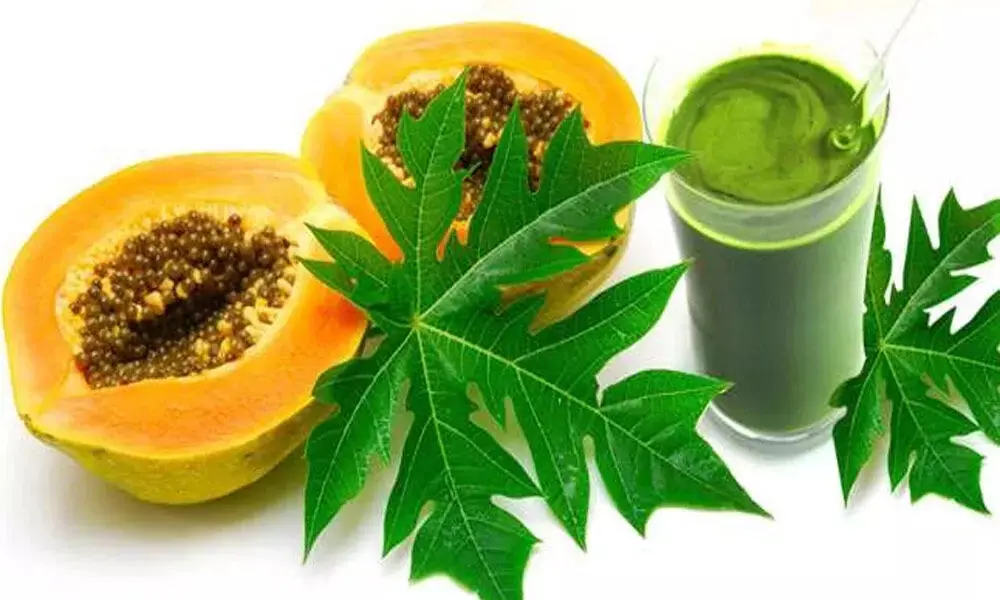
The Hidden Healing Power of Papaya Leaves: Nature’s Secret Weapon for Health and Vitality

Pick a Ring and Discover What It Says About the Woman You Are
